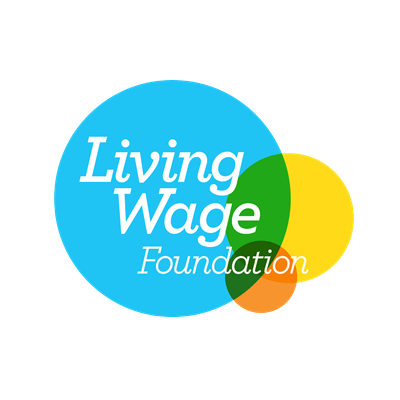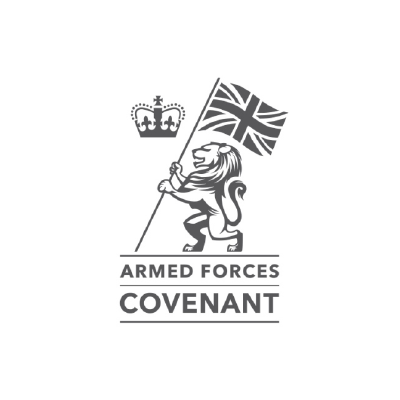What is Confidentiality?
At Alliance, we take confidentiality seriously. This means that what you share with us stays private, and we won’t tell anyone else unless we have your permission.
However, there are some important exceptions. If you tell us something that makes us worried that you or someone else could get hurt, we have a responsibility to keep you safe. This is called a duty of care. In these situations, we may need to share information to keep you safe, but we will always talk to you first and explain why we need to do this.
How We Handle Confidentiality:
Your therapist will talk to you about confidentiality early on, and together, you can agree on who we might share information with and what type of information can be shared. We only share information if it helps you get the right support or if it helps others understand what’s affecting you.
Sometimes, sharing information with your consent —such as with your parents, school, or a health professional—can help us provide better care for you. But you’ll always be part of the conversation.
Your Right to Consent:
If you’re 13 or older, you can usually decide for yourself about your treatment, as long as you’re considered Gillick competent (this just means you understand your choices and what they mean for your health). If you’re under 13, we’ll need to get consent from your parents.
In the end, it’s all about making sure you get the right support at the right time, and we’re here to work with you every step of the way.





